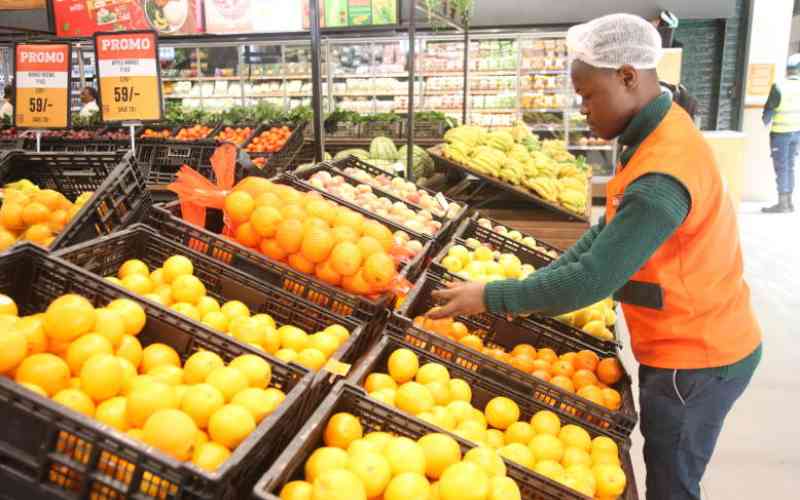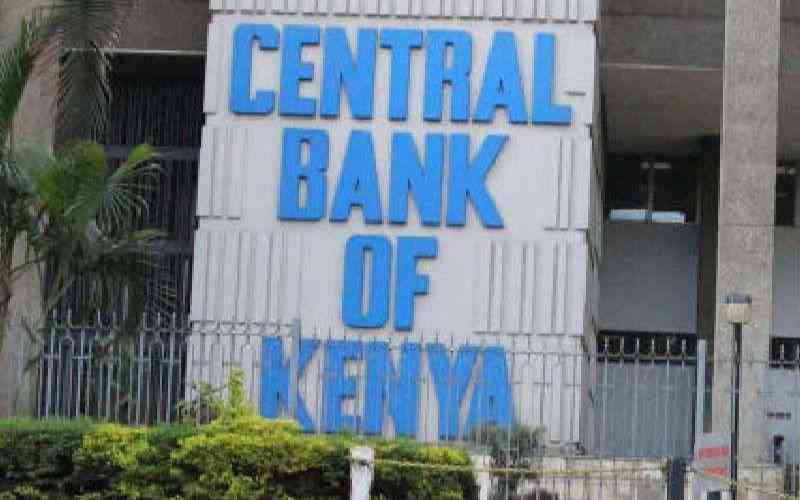×
The Standard e-Paper
Smart Minds Choose Us

In the heart of Kenya's educational system lies an unsung hero - the school meal programme.
Beyond just filling stomachs, this hero improves children's education, health, and nutrition, enabling them to learn and perform better, broadening their educational opportunities, and boosting their potential to generate higher incomes in the future.






